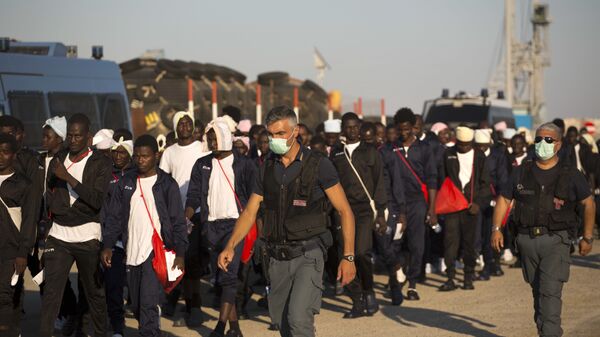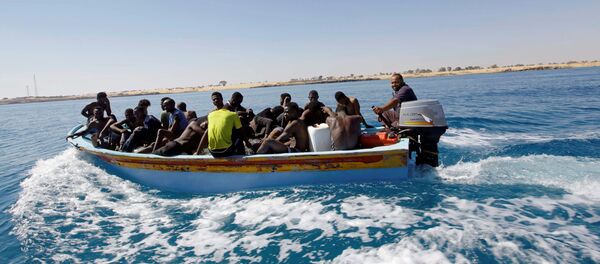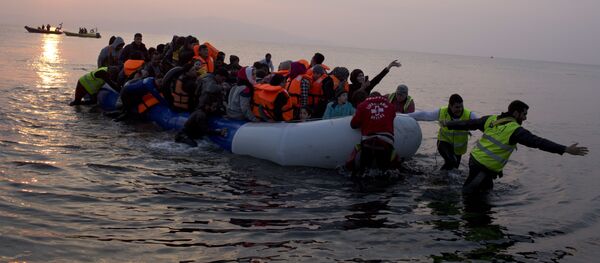"The Code of Conduct Italian Ministry of Interior asked us to sign seems to be entrenching the view that states can outsource the life-saving response to NGOs, allowing states to concentrate their efforts on naval and military operations. The responsibility to organize and conduct search and rescue operations at sea lies — as it always has — with states. As such, our current rescue activities are simply filling the void left by Europe," Fabbri said.
He also expressed his concern about the strategy, currently proposed by the Italian government, which stipulates containing migrants and refugees in Libya through military operations and support to Libyan Coast Guards.
"Libya is not a place where people should be returned to, be it from European territory or from sea. We do not believe that search and rescue should be the solution to address boat migration and mortality at sea, but it is needed in the absence of any other safe alternative for people to seek safety. Cutting the only and last escape they have from exploitation and violence cannot be an acceptable solution," Fabbri said.
Italy expects humanitarian groups that regularly help rescue migrants in the Mediterranean Sea to sign the Code of Conduct, agreed by the EU officials in early July. This agreement will oblige these groups to prove they have sufficient training and equipment to carry out rescue missions, as well as refrain from transferring the people they save to other vessels and instead return to port and let migrants disembark. The document also obliges the NGOs to allow judicial police officers on board, upon request, to investigates cases of human trafficking. Five aid groups, including the MSF, have refused to sign, while three have supported the code.




